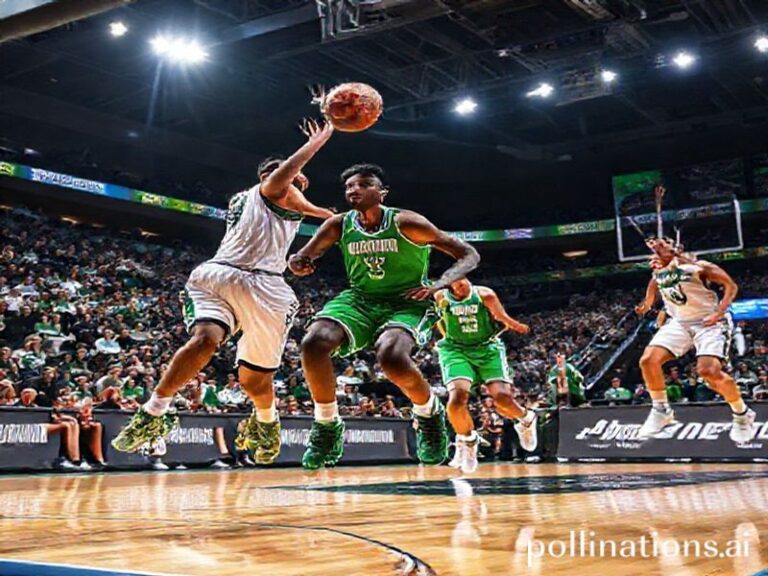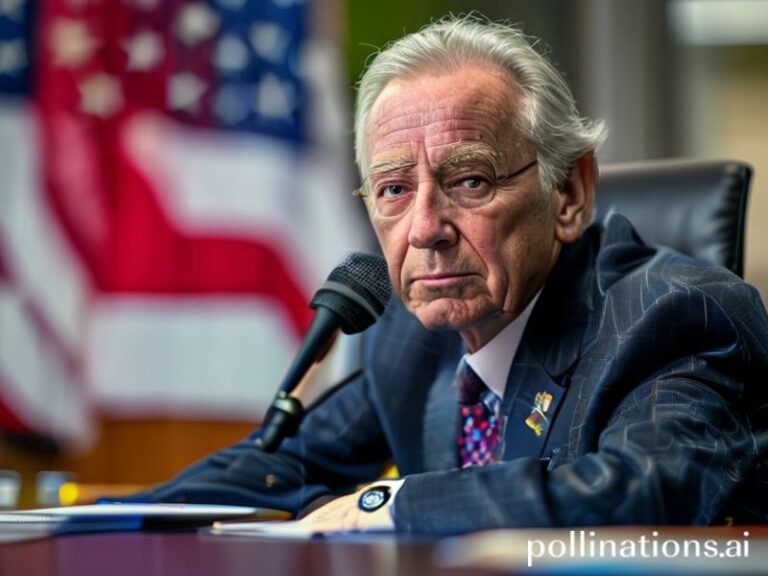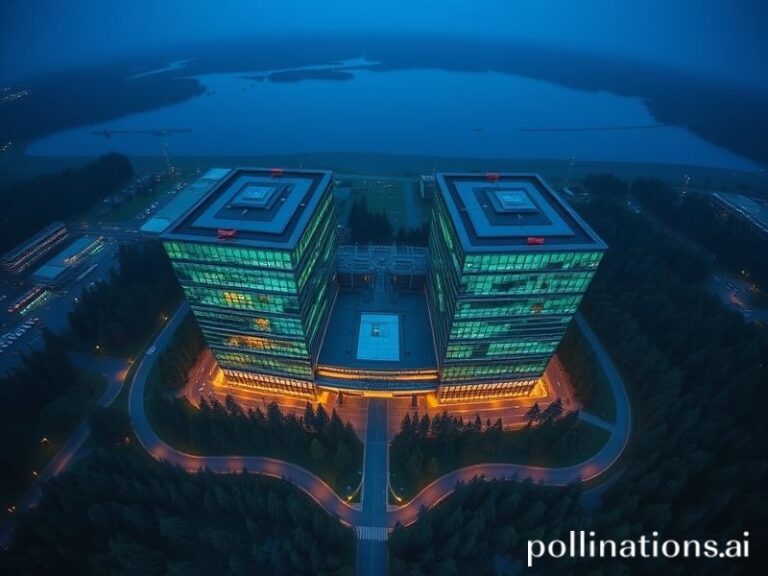Breakfast of Champions: How the World Eats Hope with a Side of Geopolitics
Breakfast: The World’s Most Important Meal and Most Elaborate Act of Self-Deception
By Dave’s Locker International Desk
From the frostbitten fjords of Norway to the smog-choked megacities of China, humanity greets the dawn with a ritual so universal it feels divinely ordained: pretending that a slice of toast and a thimble of caffeine can compensate for eight hours of existential dread. Breakfast, we’re told, is the most important meal of the day—an axiom cheerfully repeated by the same marketing departments that once sold us asbestos-laden cigarettes.
In France, the petit déjeuner is a minimalist haiku: a cigarette, a coffee, and a croissant that flakes like NATO solidarity. The French insist this austere tableau is proof of cultural superiority; everyone else suspects they’re simply too hungover for eggs. Cross the Rhine and the German Frühstück becomes a baroque opera of cold cuts, cheeses, and 14 varieties of bread—an edible metaphor for a country that engineered precision but still can’t decide whether butter is a dairy product or a moral imperative.
Meanwhile, Japan’s asa-gohan balances grilled fish, miso soup, and rice with the same serene fatalism its central bank applies to currency intervention: it probably won’t fix the problem, but at least it’s photogenic. Tokyo office workers slurp their soup while scrolling headlines about record-low birth rates—proof that even a perfectly arranged breakfast can’t keep a society from skipping the next generation.
Travel south to Egypt and ful medames—a fava-bean stew older than the pyramids—still fuels Cairenes who now inhale diesel instead of lotus blossoms. The dish costs less than a metro ticket, which is convenient because the metro hasn’t worked since the IMF last smiled. Over in Lagos, akara (black-eyed-pea fritters) sizzle beside roads so congested that breakfast doubles as lunch, dinner, and a crash course in theology.
Across the Atlantic, the United States has weaponized breakfast into a multibillion-dollar arms race. Pancake stacks defy the laws of physics; cereal aisles stretch like the Russian front; and somewhere in Silicon Valley a vegan start-up is 3-D printing bacon from pea protein and venture-capital tears. Americans insist breakfast is a “personal choice,” a linguistic maneuver that also brought us avocado toast and insulin rationing.
The global South, ever resourceful, treats breakfast as an economic indicator. In Argentina, inflation is so rampant that the price of a medialuna can rise between the queue and the cashier—an impromptu stress test for cardiac health. Venezuelan arepas now contain more hope than corn, while in Haiti, a cup of coffee may be the only thing keeping the country awake through yet another political blackout.
And then there is Britain, gamely chewing its way through Brexit one soggy sausage at a time. The full English—eggs, beans, mushrooms, tomatoes, blood sausage, bacon, toast, and the faint taste of imperial nostalgia—requires an act of parliament to finish. It is less a meal than a reparations package for the stomach, served with tea from ex-colonies that now charge London 400% more than in 2019.
Beneath the regional quirks lies a darker calculus: breakfast is where geopolitics meets gastric acid. Wheat prices spike when Russia sneezes in Ukraine; coffee futures jitter every time Brazil forgets to water its beans; and the humble egg has become a proxy war between US factory farms and Dutch environmentalists. Even oat milk, darling of the eco-conscious, relies on irrigation systems draining the last drops from drought-stricken California.
Still, we persist. We Instagram our smoothie bowls while methane bubbles in the Arctic. We queue for cronuts as sea levels queue for Manhattan. And every morning, hungover on hope and caffeine, we tell ourselves that today will be different—right after this last bite.
Because if breakfast teaches us anything, it’s that delusion pairs well with orange juice.







